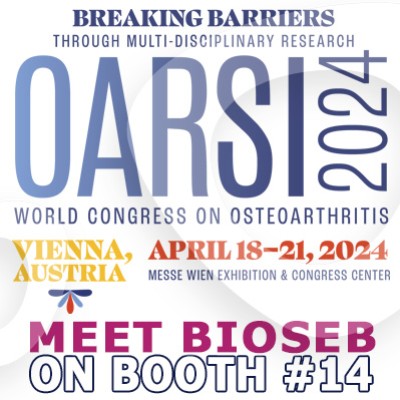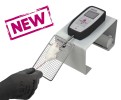Authors
F Singh, J Zoll, U Duthaler, AL Charles, MV Panajatovic et al
Lab
Journal
Archives of Toxicology
Abstract
Statins inhibit cholesterol biosynthesis and lower serum LDL-cholesterol levels. Statins are generally well tolerated, but can be associated with potentially life-threatening myopathy of unknown mechanism. We have shown previously that statins impair PGC-1beta expression in human and rat skeletal muscle, suggesting that PGC-1beta may play a role in statin-induced myopathy. PGC-1beta is a transcriptional co-regulator controlling the expression of important genes in mitochondrial biogenesis, antioxidative capacity and energy metabolism. The principle aim of the current study was to investigate the interaction between atorvastatin and PGC-1beta in more detail. We therefore treated wild-type mice and mice with selective skeletal muscle knockout of PGC-betabeta (PGC-1beta(i)skm_/_ mice) with oral atorvastatin (5 mg/kg/day) for 2 weeks. At the end of treatment, we determined body parameters, muscle function, structure, and composition as well as the function of muscle mitochondria, mitochondrial biogenesis and activation of apoptotic pathways. In wild-type mice, atorvastatin selectively impaired mitochondrial function in glycolytic muscle and caused a conversion of oxidative type IIA to glycolytic type IIB myofibers. Conversely, in oxidative muscle of wild-type mice, atorvastatin enhanced mitochondrial function via activation of mitochondrial biogenesis pathways and decreased apoptosis. In PGC-1beta(i)skm_/_ mice, atorvastatin induced a switch towards glycolytic fibers, caused mitochondrial dysfunction, increased mitochondrial ROS production, impaired mitochondrial proliferation and induced apoptosis in both glycolytic and oxidative skeletal muscle. Our work reveals that atorvastatin mainly affects glycolytic muscle in wild-type mice and demonstrates the importance of PGC-1beta for oxidative muscle integrity during long-term exposure to a myotoxic agent.
BIOSEB Instruments Used:
Grip strength test (BIO-GS3)

 Pain - Thermal Allodynia / Hyperalgesia
Pain - Thermal Allodynia / Hyperalgesia Pain - Spontaneous Pain - Postural Deficit
Pain - Spontaneous Pain - Postural Deficit Pain - Mechanical Allodynia / Hyperalgesia
Pain - Mechanical Allodynia / Hyperalgesia Learning/Memory - Attention - Addiction
Learning/Memory - Attention - Addiction Physiology & Respiratory Research
Physiology & Respiratory Research
 Pain
Pain Metabolism
Metabolism Motor control
Motor control Neurodegeneration
Neurodegeneration Cross-disciplinary subjects
Cross-disciplinary subjects Muscular system
Muscular system General activity
General activity Mood Disorders
Mood Disorders Other disorders
Other disorders Joints
Joints Central Nervous System (CNS)
Central Nervous System (CNS) Sensory system
Sensory system
